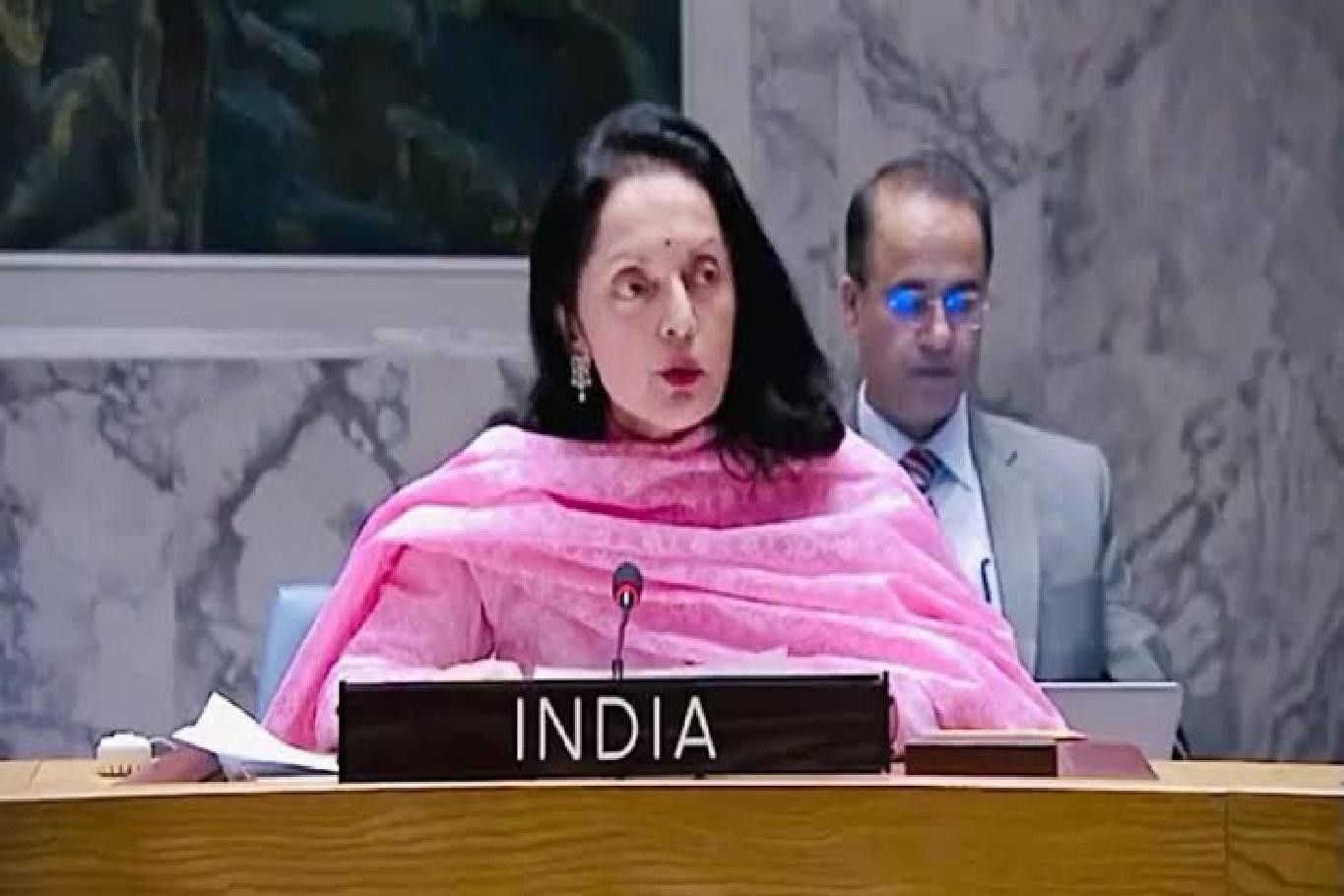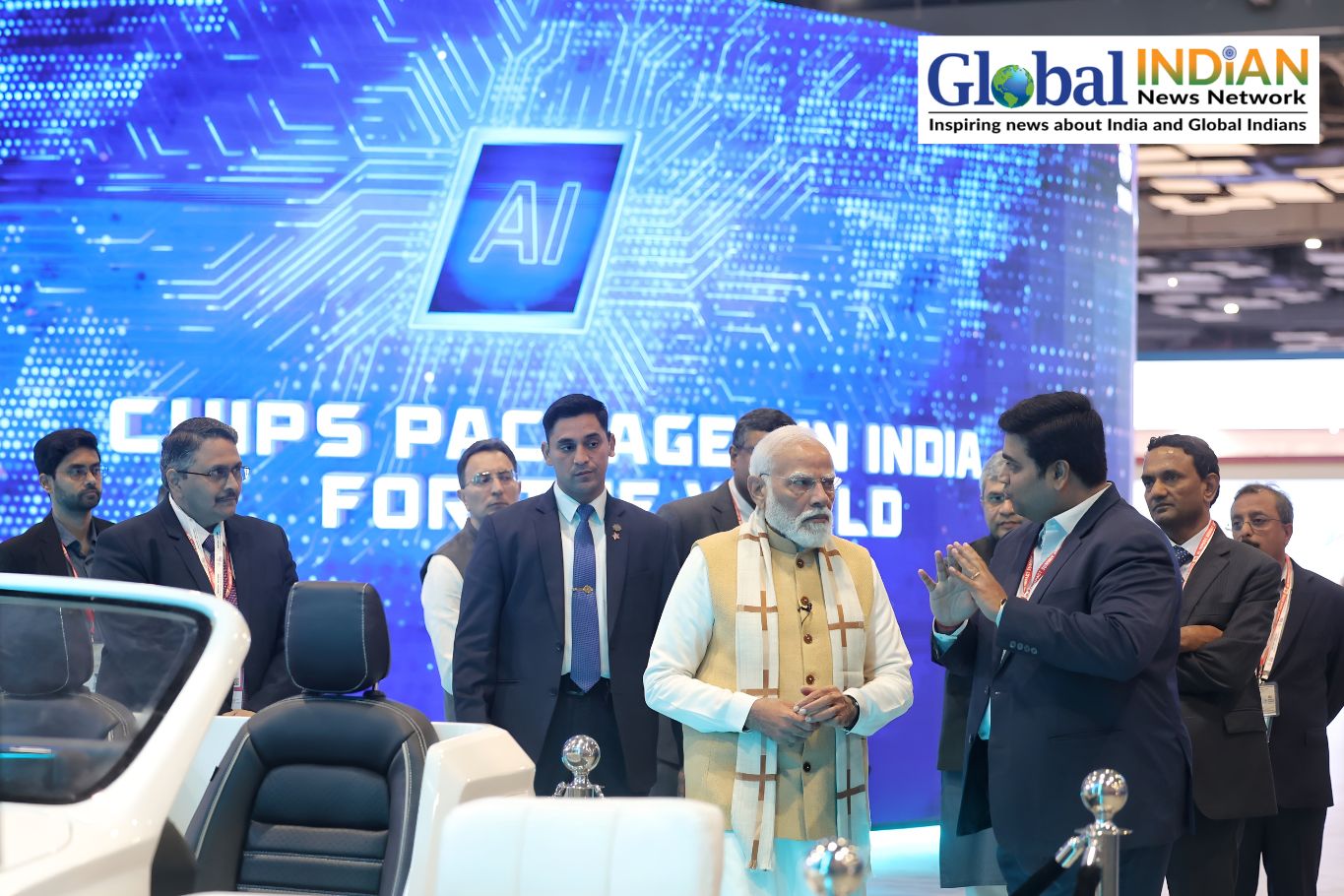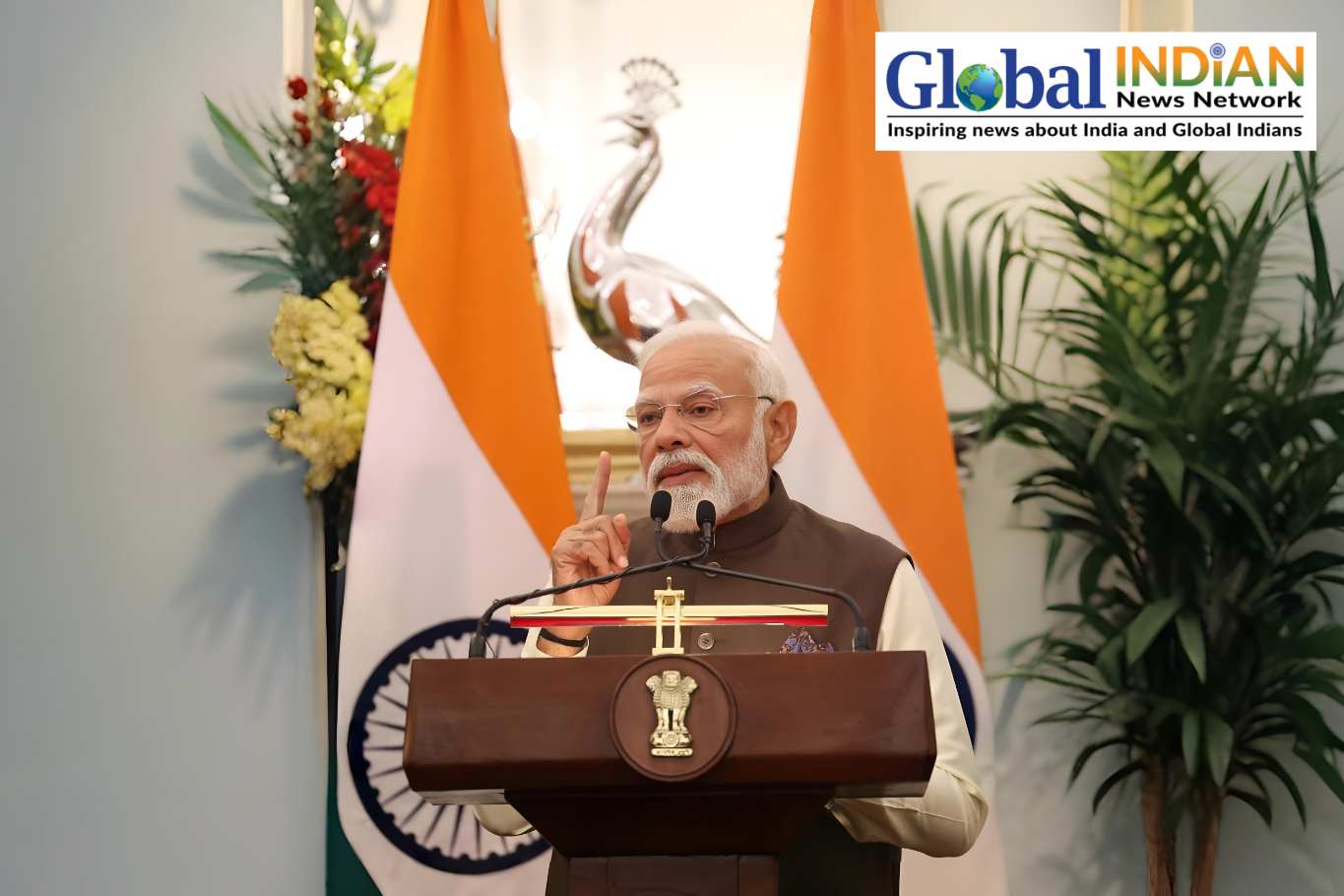
Ruchira Kamboj, India’s UN Representative, emphasized the notable advancement in women’s leadership within India’s Panchayati Raj system, underscoring it as a unique model of decentralized rural governance, stating, “India values its Panchayati Raj, emblematic of grassroots empowerment.”
Speaking at India’s #CPD57 side event, “Localising the SDGs: Women in Local Governance in India Leads the Way,” Kamboj underscored the transformative impact of women’s empowerment at the grassroots level.
“The Panchayati Raj exemplifies direct democracy, enabling active participation from all residents through the Gram Sabha,” Kamboj highlighted, emphasizing its decentralized power structure, distinguishing it from conventional municipal governance models.
Emphasizing India’s dedication to gender equality, Kamboj highlighted a significant achievement: the 1992 constitutional amendment mandating a minimum of one-third of all elected positions in local governance reserved for women. This landmark provision aimed to ensure fair representation of women in grassroots decision-making bodies.
Kamboj also lauded the increase in women’s representation to 50 percent in 21 states across India. She remarked, “Currently, out of the over 3.1 million elected representatives, more than 1.4 million are women.” The increase in women’s involvement reflects a wider societal change acknowledging and appreciating women’s roles in governance and community progress.
The local planning process within the Panchayati Raj system, Kamboj explained, is meticulously aligned with the localization of sustainable development goals, with a primary focus on empowering women. Kamboj noted the transformative impact of such initiatives, asserting that by integrating gender considerations into development planning, the Panchayati Raj system ensures effective addressing of women’s needs and priorities, fostering more inclusive and sustainable outcomes.
She praised the endeavors of women leaders for breaking traditional barriers, highlighting their pivotal role in revolutionizing communities through improvements in education, healthcare, sanitation, and livelihoods. Women leaders within Panchayati Raj institutions have been crucial in instigating positive change at the grassroots level, leveraging their distinct perspectives and experiences to tackle prevalent social and economic challenges.
Recognizing the hurdles encountered by women in leadership roles, Kamboj underscored the necessity for supportive legal frameworks, robust capacity-building initiatives, and collaborative partnerships to propel gender equality forward. She emphasized India’s experience as a source of invaluable insights and lessons in advancing and sustaining women’s leadership, emphasizing the significance of creating an enabling environment for women to thrive in governance roles.
Concluding her remarks, Kamboj urged a renewal of commitment to nurturing women’s leadership in local governance, acknowledging its transformative potential in achieving gender equality and the sustainable development goals. She invoked Mahatma Gandhi’s words to underscore the immense strength of women, emphasizing the enduring importance of their leadership in driving societal progress.









